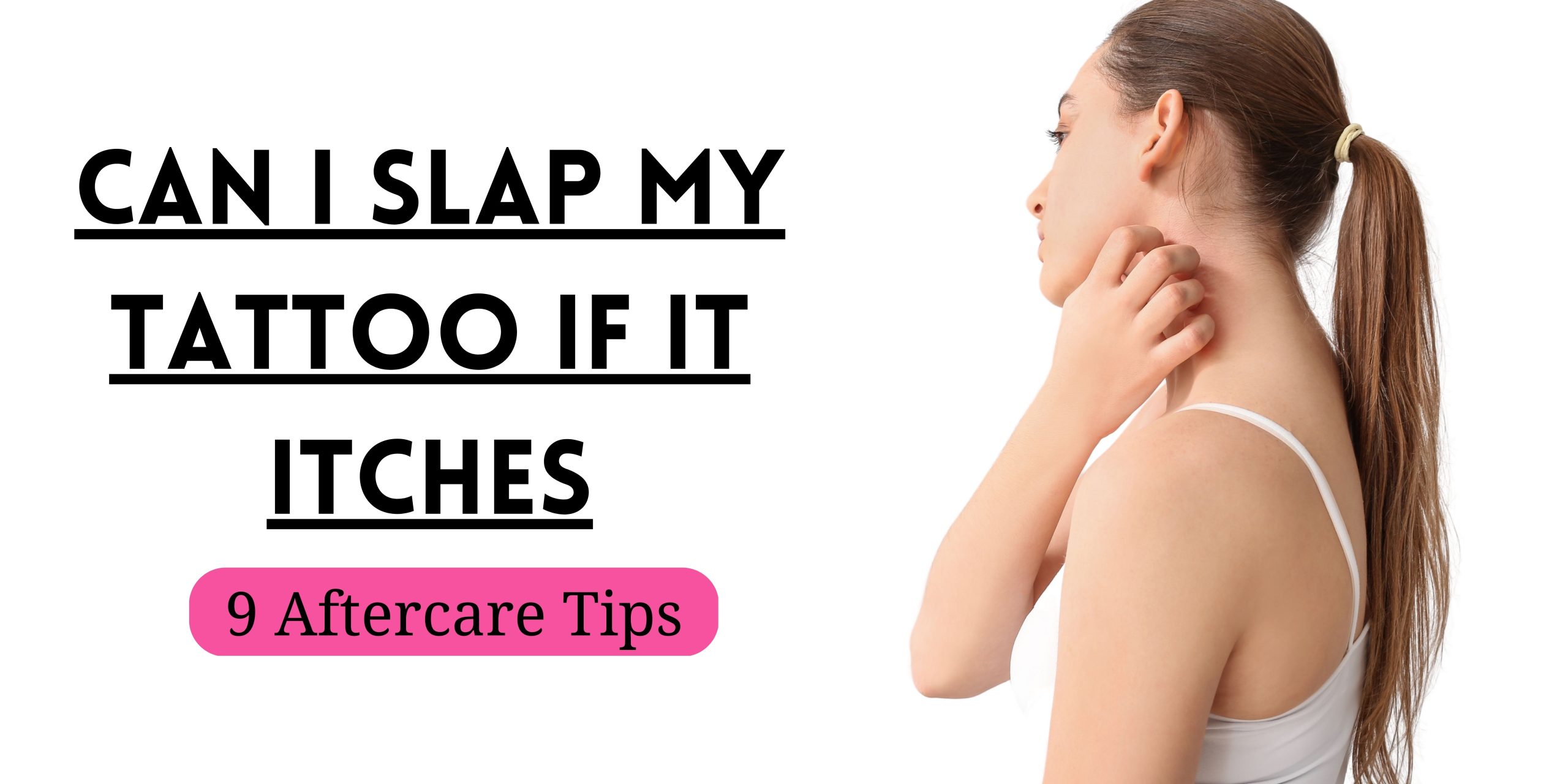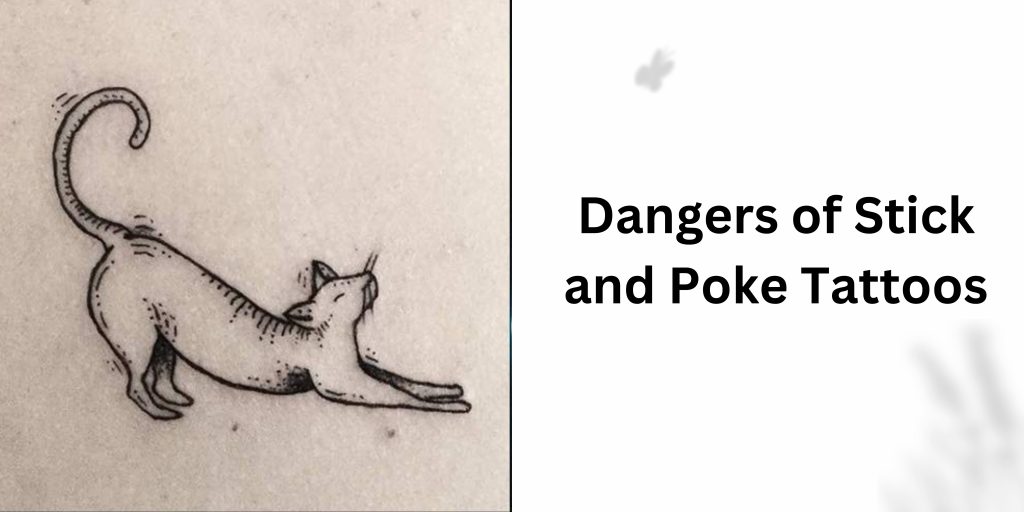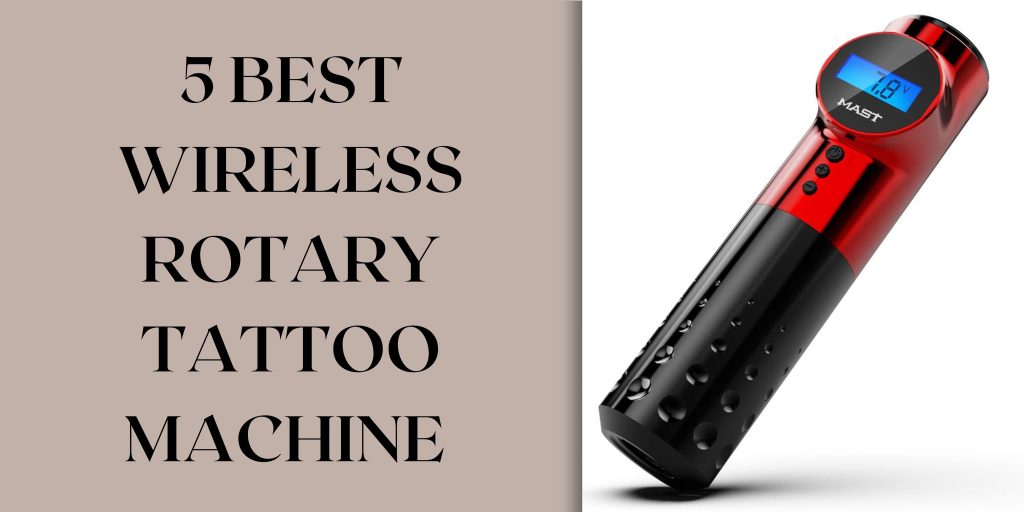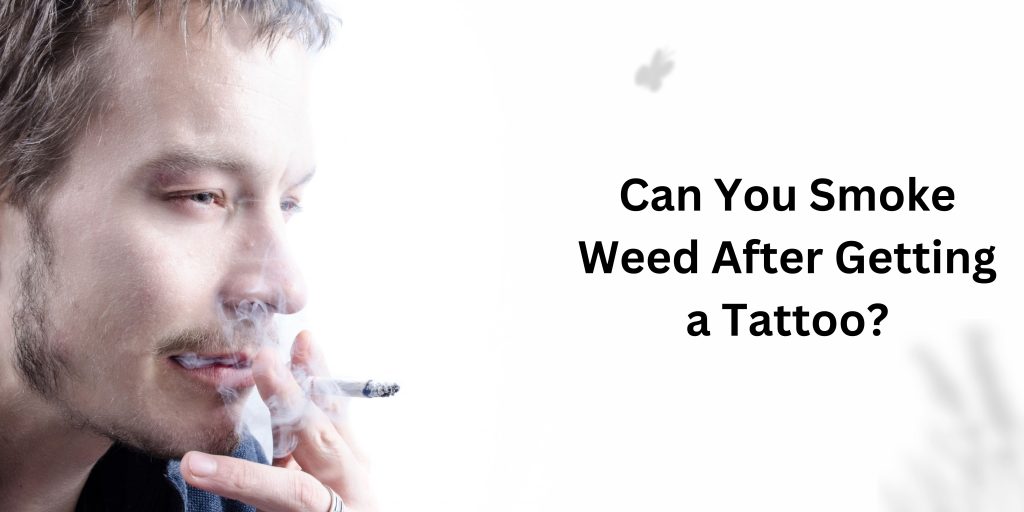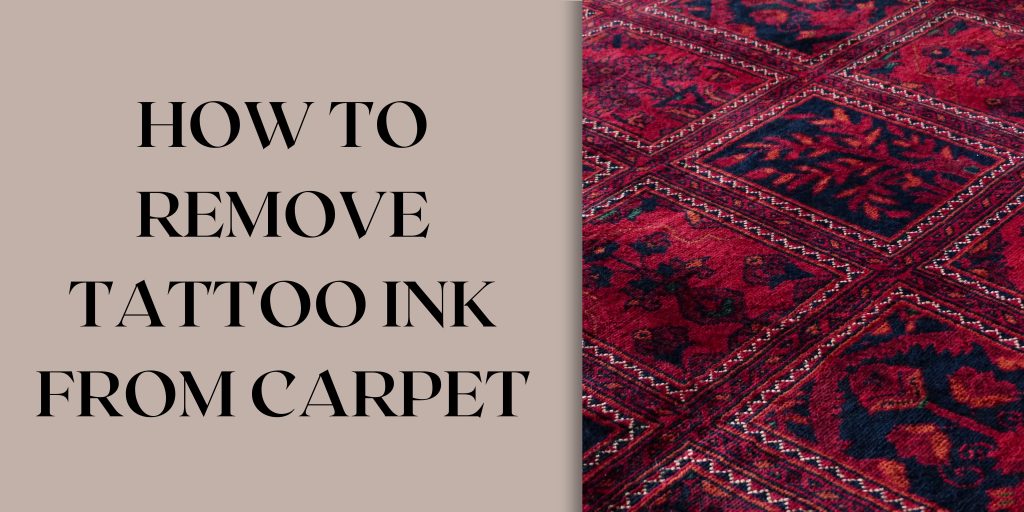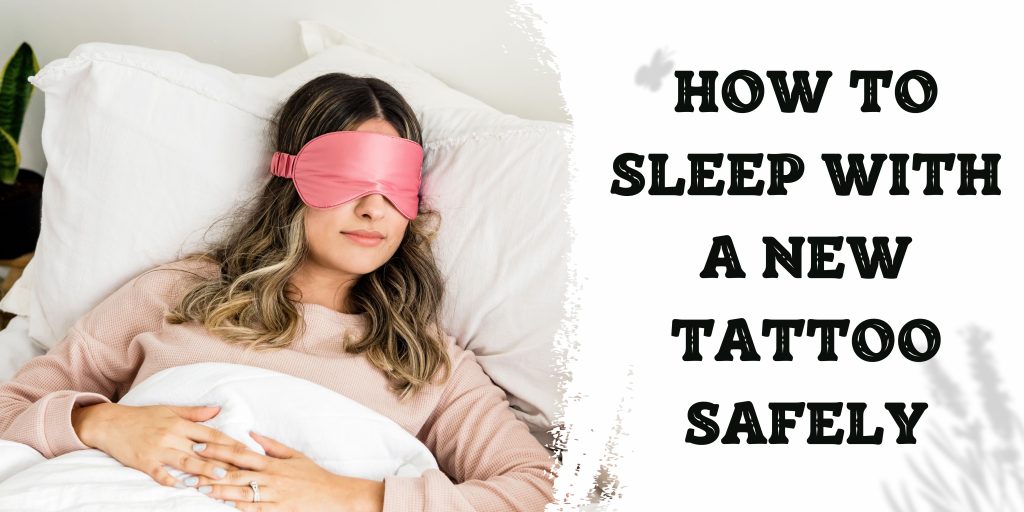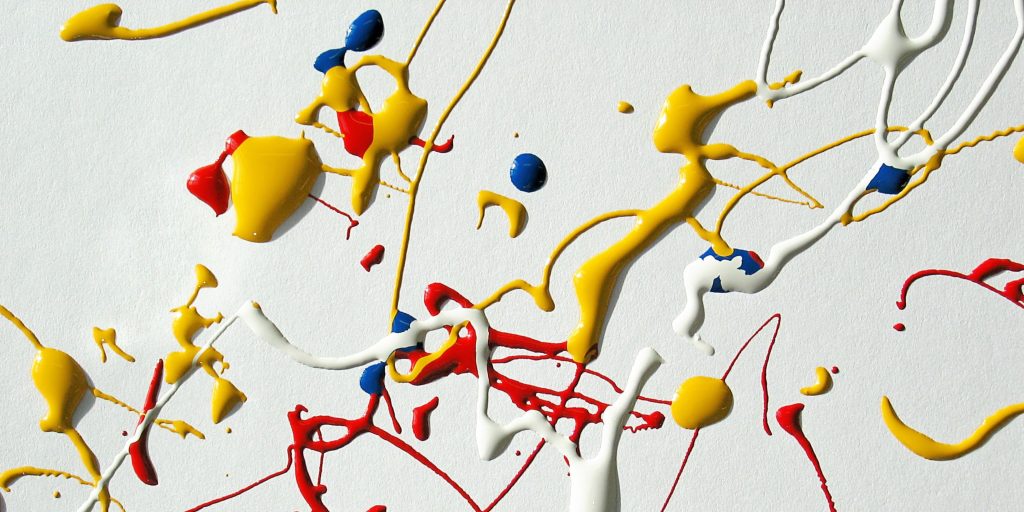One of the most common symptoms during the healing process is itching. The urge to scratch or slap your tattooed skin can be intense but it’s important to resist the temptation. Slapping your tattooed skin to alleviate itching can cause damage and increase the risk of infection even affecting the quality of your tattoo. In this article, we’ll explore Can I slap my tattoo if it itches and why tattoos itch and also provide tips.
Why Do Tattoos Itch?
Tattoos can itch during the healing process which typically lasts around two to four weeks. The itching is a normal part of the healing process and is usually a sign that the skin is healing properly.
When a tattoo is applied, the needle punctures the skin and creates tiny wounds. The body’s natural healing process kicks in and the immune system sends white blood cells to the area to help fight off any potential infections. These white blood cells release histamine which is a chemical that triggers the itch response.
In addition to the histamine response, the tattooed area may also feel dry and tight as the skin begins to form a protective scab. This can also contribute to the itching sensation.
It’s essential to resist the urge to scratch or slap the tattooed area, as this can cause damage to the skin and increase the risk of infection. Instead, you can try tapping the area gently to alleviate the itching sensation. You can also apply a fragrance-free, non-alcoholic lotion or cream to keep the skin moisturized and reduce itchiness.
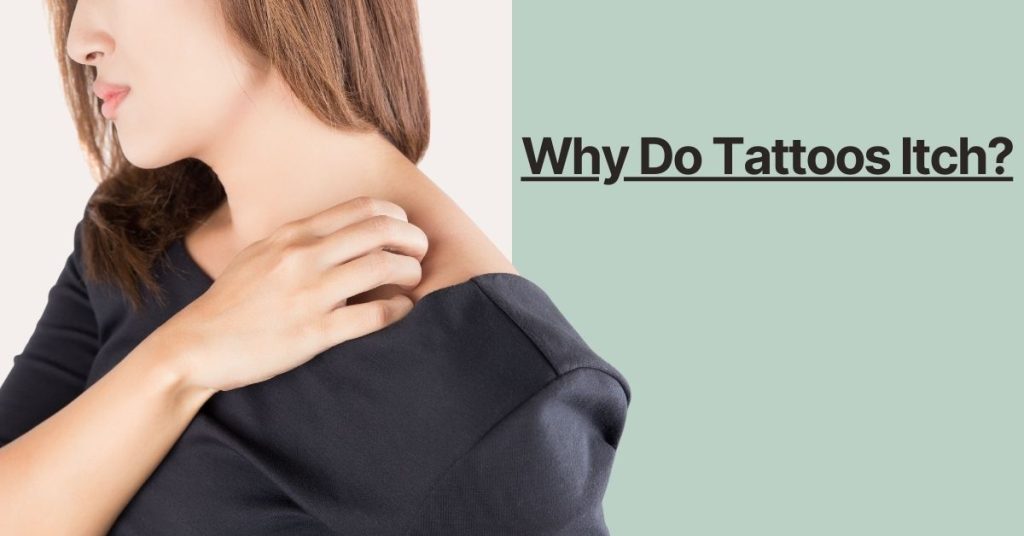
Can I Slap My Tattoo If It Itches?
Getting a tattoo can be a memorable and exciting experience for many individuals. However, once the tattoo is completed it requires proper care and attention to avoid infections, scarring, and other complications. One common issue that arises after getting a tattoo is itching. It’s essential to understand how to deal with tattoo itchiness without causing further damage to your tattoo.
Read More: How to Care for a New Tattoo in the Summer
9 Tattoo Aftercare Tips and itchy Skin Care
Proper aftercare is essential to ensure that your new tattoo heals properly and looks its best. Here are nine tattoo aftercare tips to help alleviate itching and promote healing.
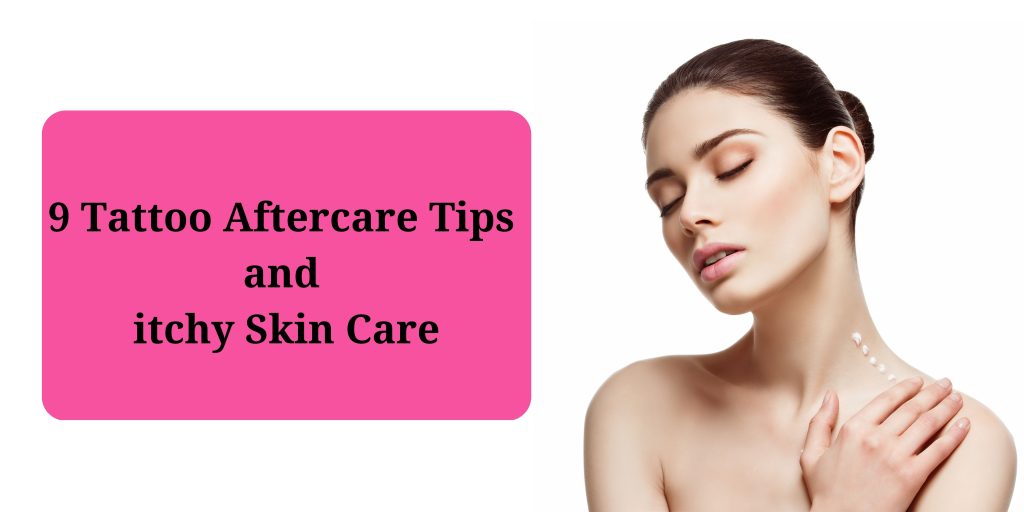
Keep the area clean:
Wash the tattooed area gently with fragrance-free, antibacterial soap, and lukewarm water. Avoid scrubbing or using a loofah or sponge.
Moisturize:
Apply a fragrance-free, non-alcoholic lotion or cream to keep the skin moisturized and reduce itching. Be sure to apply the lotion or cream several times a day or as needed.
Avoid direct sunlight:
Avoid exposing the tattooed area to direct sunlight or tanning beds during the healing process. This can cause the ink to fade or become discolored.
Avoid swimming:
Avoid swimming or soaking the tattooed area in water during the healing process, as this can increase the risk of infection.
Avoid tight clothing:
Avoid wearing tight clothing that can rub against the tattooed area and cause irritation or itching.
Don’t scratch:
Resist the urge to scratch or rub the tattooed area, as this can damage the skin and increase the risk of infection.
Avoid excessive sweating:
Avoid activities that cause excessive sweating, such as exercising or physical labor, as this can increase the risk of infection.
Don’t pick at scabs:
Allow any scabs or peeling skin to fall off naturally. Don’t pick at them or attempt to remove them, as this can cause scarring or infection.
Follow aftercare instructions:
Follow any aftercare instructions provided by your tattoo artist, including any specific cleaning or moisturizing instructions. They may also recommend specific products or techniques to help alleviate itching and promote healing.

